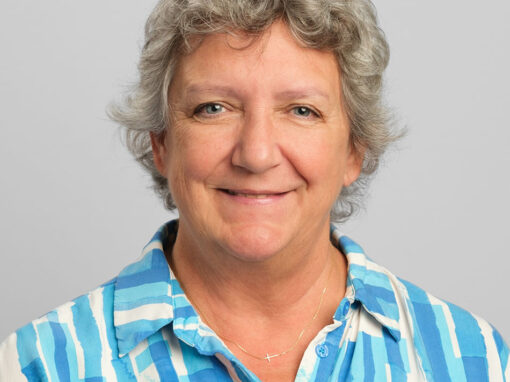Two types of fatigue errors
-
- Errors of commission – doing something incorrectly.
- Errors of omission – not doing something that should be done.
Common Causes of Fatigue
-
- Inadequate sleep
- Fragmented sleep, less than six hours per night
- Desynchronized circadian rhythms
- Illness
- Depression/anxiety/stress
- Sleep Disorders
- Emotional drain
You might be fatigued if you experience any of the following:
Mental Symptoms
-
- Narrow attention span & forgetfulness
- Reduced performance standards
- Feelings of depression
- Impaired judgment/decision making
Physical Symptoms
-
- Frequent unexplained headaches
- Muscular aches and pains
- Blurred/double vision
- Loss of appetite
- Micro-sleeps that cause a lapse in judgment
You might see the following in someone who is fatigued:
Mental Symptoms
-
- Irritability/intolerance
- Difficulty focusing and problem-solving
- Reduced short-term memory
- Lack of interest and drive
- Confusion and fearfulness
- Decreased startle response
- Anxiety
- Social withdrawal
Physical Symptoms
-
- Nodding off
- Degraded motor skills
- Tenseness and tremors
- Slower reaction time
- Falling asleep at inappropriate times
Fatigue Mitigation Tips
-
- Know your own alertness/sleep pattern
- Eat nutritionally and avoid heavy meals
- Get regular exercise
- Ensure a healthy sleep environment (cooler temperature, dark, quiet)
- Try to keep the same schedule on workdays and off days to maximize alertness
- Get 7-9 hours of sleep nightly
- Avoid starting call with a sleep deficit.
- Avoid heavy meals within 3 hours of sleep
- Avoid stimulants to keep you up
- Avoid alcohol to help you sleep
- Avoid heavy exercise three hours before sleep
- When engaged in clinical responsibilities
- Immediately contact/notify someone if you are too fatigued to work
- Upper-level resident
- Attending
- Program director
- Strategically nap. 20-30 minutes improves alertness and performance
- Do not nap longer as you risk extreme grogginess
- If up all night, be aware that your least alert time is 6 – 11 a.m.
- Utilize your program’s call room/nap room or available transportation
- Take action to relieve a fatigued colleague from patient care duties after ensuring a smooth transition of care
Screening
Fatigue screening scale and Epworth sleepiness scale – Click to view
Resources
LIFE Curriculum – med.stanford.edu
Your Internal Medicine Team



















Family Medicine
gme.family.medicine@mhg.com
Internal Medicine
gme.internal.medicine@mhg.com
Family Medicine
228-867-4968
Internal Medicine
228-822-6512
4500 Thirteenth Street
PO Box 1810
Gulfport, MS 39501

